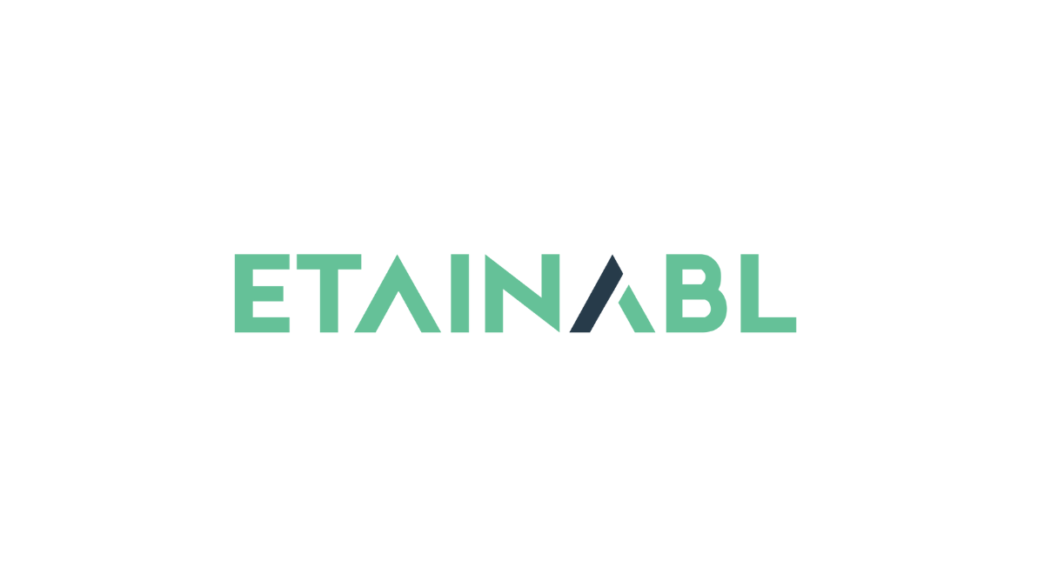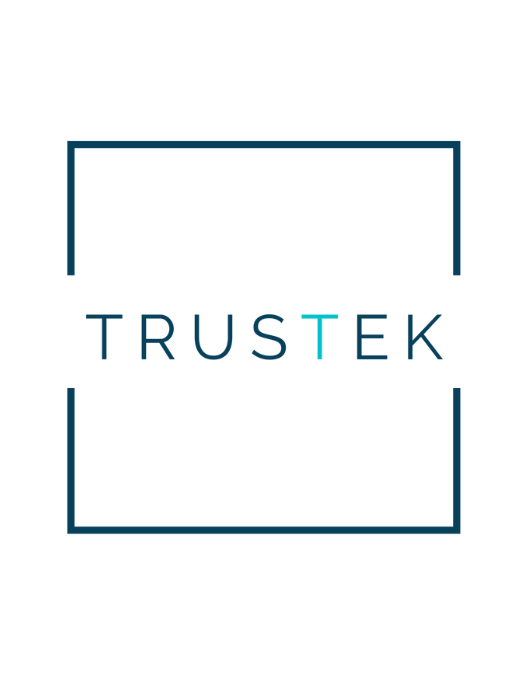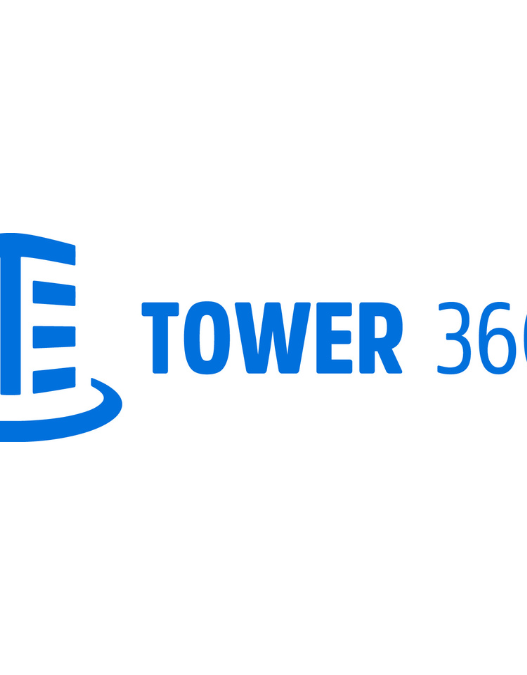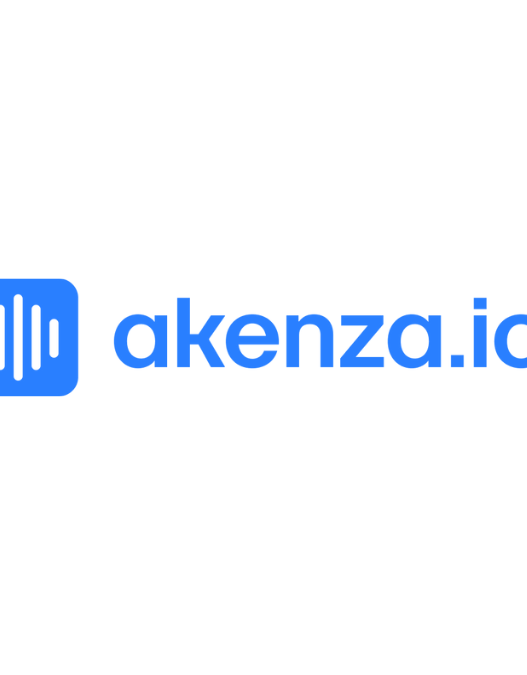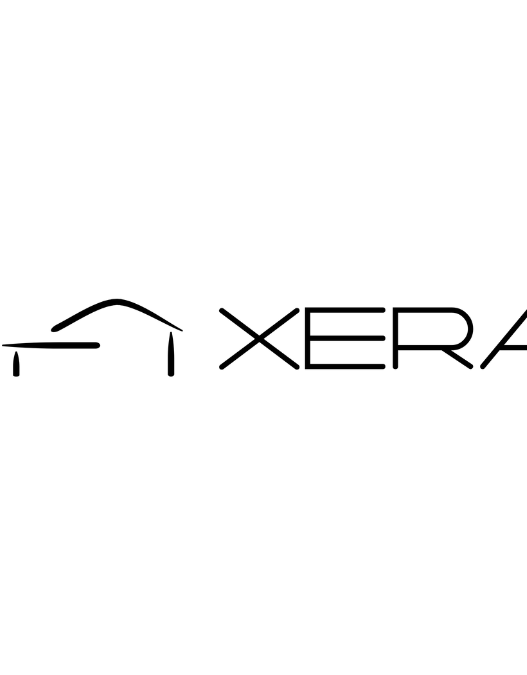In our latest Spotlight Interview, we speak to Ben Perrett, Co-Founder and Director at Etainabl. Ben talks about the journey so far, how they ensure data is accurate and trustworthy, and their role in helping organisations achieve their ESG goals. “The future of carbon data collection is becoming increasingly AI-driven, which means a world where data is much more automated, accurate and integrated than it is today. On top of this, the real estate sector faces huge challenges in reducing carbon emissions, meeting ever-changing sustainability requirements and reporting to increasingly stringent standards.”
Q1. Etainabl helps real estate companies collect carbon data more efficiently. Can you briefly tell us what inspired you to develop Etainabl and what the journey has been so far?
Etainabl was born out of my frustration with the outdated and inefficient systems used to manage utility data within the built environment. Not only were these systems unappealing, they lacked core functionality and relied heavily on manual data entry by human teams, resulting in frequent errors. Recognizing that the real estate market was underserved, we developed our first minimum viable product by developing a product that truly met the needs of real estate stakeholders, while at the same time leveraging modern technology to automate the process. Within months, we had our first customer. Over the past three years, we have grown organically and developed our product in collaboration with property owners and operators. Today, we support nearly 3,000 properties, addressing their data needs and helping them on their journey to net zero.
Q2. How does Etainabl ensure the reliability and accuracy of the data collected, especially with regard to utility and tenant data?
Data reviewed in our system undergoes a series of validations to detect abnormal consumption patterns, check for continuity and calculation errors, and ensure data accuracy and integrity. It also automatically flags any discrepancies or abnormal data, significantly reducing the chance of errors due to manual data entry. With consumption figures available from multiple sources, you can validate and prioritize more accurate data sources, improving the accuracy of your environmental reporting.
Q3. Etainabl recently released Gridfetch, can you briefly tell us how this enhances the data collection process?
Gridfetch enhances the data collection process by truly automating utility data. This data is sourced directly from grid operators via API and is available at various granularities on every major gas and electricity meter across the UK. This method allows users to avoid traditional collection methods such as manual requests for data, which can be time-consuming and unreliable. Users have instant access to data, including a comprehensive 12-month historical record, and once the connection is established, data collection becomes a set-it-and-forget approach.
Q4. How does Etainabl tailor its approach to carbon data collection to meet the specific needs and requirements of its different target markets, such as managing agents, real estate funds and consultancies?
Etainabl is built for the real estate market and helps meet the different needs of various stakeholders. The three main ones are managing agents, real estate funds and consultants. Each player has slightly different requirements when it comes to managing the data and what their objectives are.
Managing agents: Managing agents often manage multiple properties and are responsible for ensuring operational efficiency and regulatory compliance. Etainabl provides a centralized platform that automates the collection and management of utility data for all properties they manage. This simplifies reporting, reduces errors associated with manual data entry, and improves their ability to monitor and improve energy performance across their portfolio. Managing agents benefit from tools that enable proactive management of energy consumption and costs, supporting more sustainable property management practices. Real estate funds: For real estate funds, the focus is on ensuring sustainability goals are met while maximizing asset value and investment returns. Etainabl provides robust data aggregation and analysis tools that enable funds to track and manage the carbon footprint of their entire portfolio. By providing detailed information on the energy performance of assets, Etainabl helps funds identify energy savings opportunities and comply with global ESG standards, thereby increasing the attractiveness of the fund to potential investors. Consultants: Consultants need detailed, accurate and actionable data to effectively advise their clients on sustainability strategies. Etainabl supports this need with advanced analytics capabilities to assess and benchmark energy usage and carbon emissions, and the platform's customizable reporting capabilities enable consultancies to generate customized insights and recommendations aligned to specific client goals, such as reducing carbon emissions, improving energy efficiency, or preparing ESG reports.
Looking forward, how does Etainabl envision the future of carbon data collection in the real estate industry and what role does your solution aim to play in driving continued progress for real estate companies to achieve their ESG goals?
The future of carbon data collection is becoming increasingly AI-driven – meaning we will see a world where data is much more automated, accurate, and integrated than it is today. On top of this, the real estate industry faces huge challenges in reducing carbon emissions, meeting ever-changing sustainability requirements, and reporting to increasingly stringent standards. Access to reliable, real-time data is therefore becoming increasingly important to overcome this challenge – without data, you can't make well-informed decisions.
Our role is to streamline this complex data collection, validation and reporting process, making it as hassle-free and error-free as possible. Going forward, Etainabl is committed to continuously enhancing our technology to support the industry's efforts towards net-zero emissions. By making data more interoperable, accessible and trustworthy, we aim to be at the forefront of leading the real estate industry towards a sustainable and green future.










